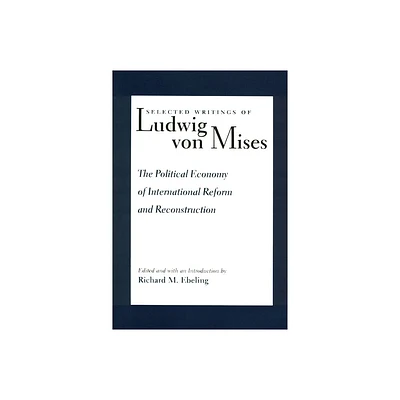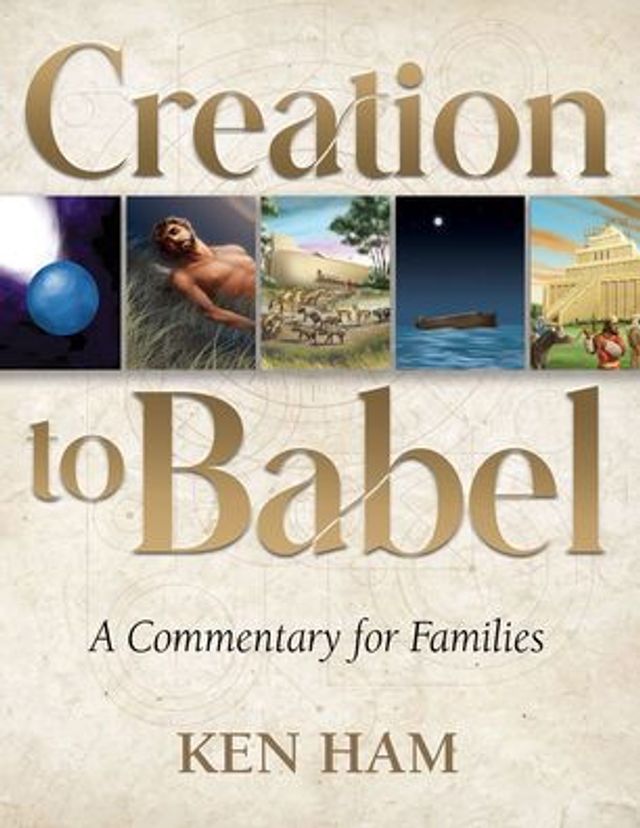Home
The Specter of Babel: A Reconstruction Political Judgment
Loading Inventory...
Barnes and Noble
The Specter of Babel: A Reconstruction Political Judgment
Current price: $99.00


Barnes and Noble
The Specter of Babel: A Reconstruction Political Judgment
Current price: $99.00
Loading Inventory...
Size: Hardcover
*Product Information may vary - to confirm product availability, pricing, and additional information please contact Barnes and Noble
In an age of rising groupthink, reactionary populism, social conformity, and democratic deficit, political judgment in modern society has reached a state of crisis. In
The Specter of Babel
, Michael J. Thompson offers a critical reconstruction of the concept of political judgment that can help resuscitate critical citizenship and democratic life. At the center of the book are two arguments. The first is that modern practical and political philosophy has made a postmetaphysical turn that is unable to guard against the effects of social power on consciousness and the deliberative powers of citizens. The second is that an alternative path toward a critical social ontology can provide a framework for a new theory of ethics and politics. This critical social ontology looks at human sociality not as mere intersubjectivity or communication, but rather as constituted by the shapes that our social-relational structures take as well as the kinds of purposes and ends toward which our social lives are organized. Only by calling these into question, Thompson boldly argues, can we once again attempt to revitalize social critique and democratic politics.
The Specter of Babel
, Michael J. Thompson offers a critical reconstruction of the concept of political judgment that can help resuscitate critical citizenship and democratic life. At the center of the book are two arguments. The first is that modern practical and political philosophy has made a postmetaphysical turn that is unable to guard against the effects of social power on consciousness and the deliberative powers of citizens. The second is that an alternative path toward a critical social ontology can provide a framework for a new theory of ethics and politics. This critical social ontology looks at human sociality not as mere intersubjectivity or communication, but rather as constituted by the shapes that our social-relational structures take as well as the kinds of purposes and ends toward which our social lives are organized. Only by calling these into question, Thompson boldly argues, can we once again attempt to revitalize social critique and democratic politics.


















